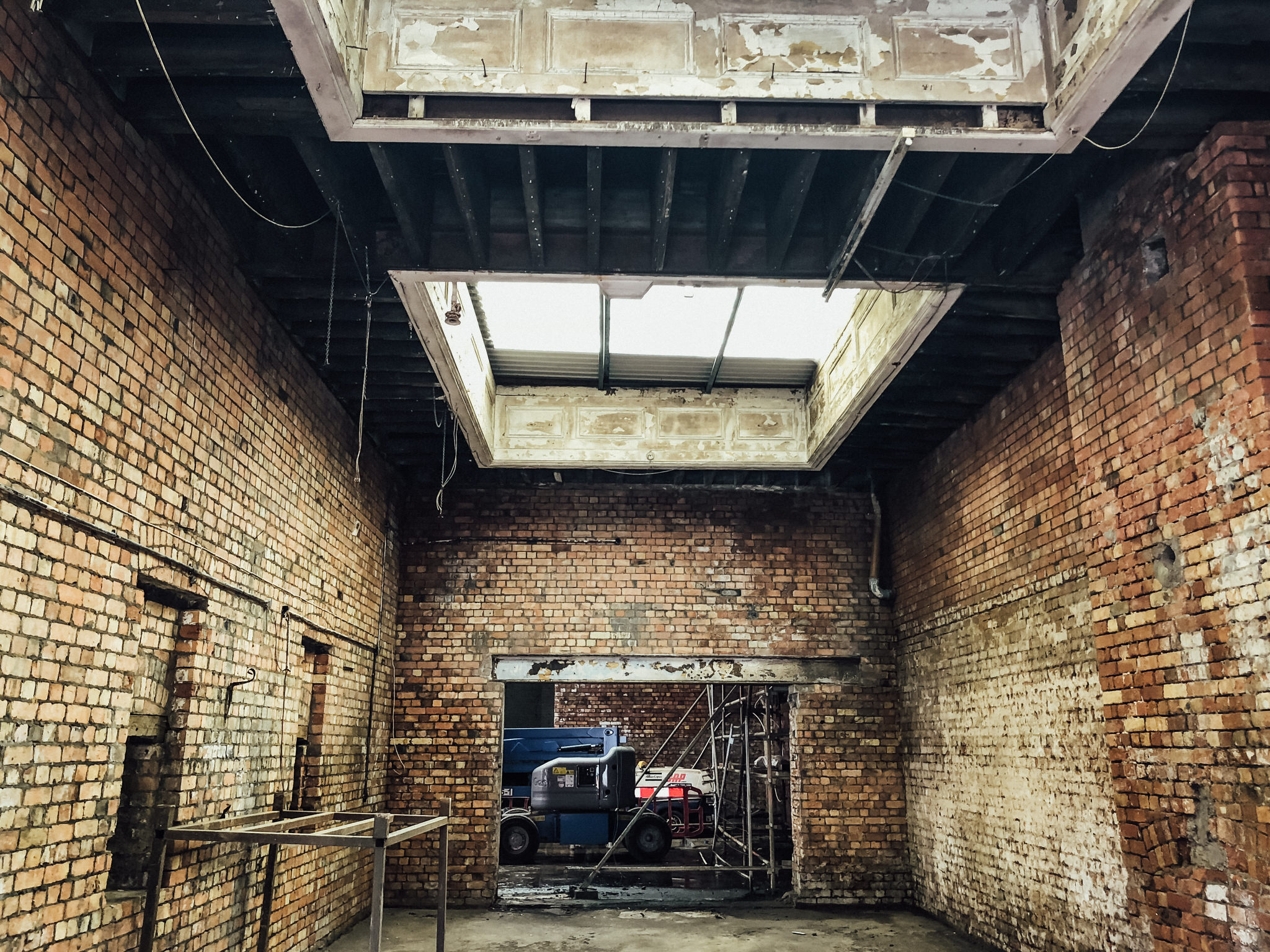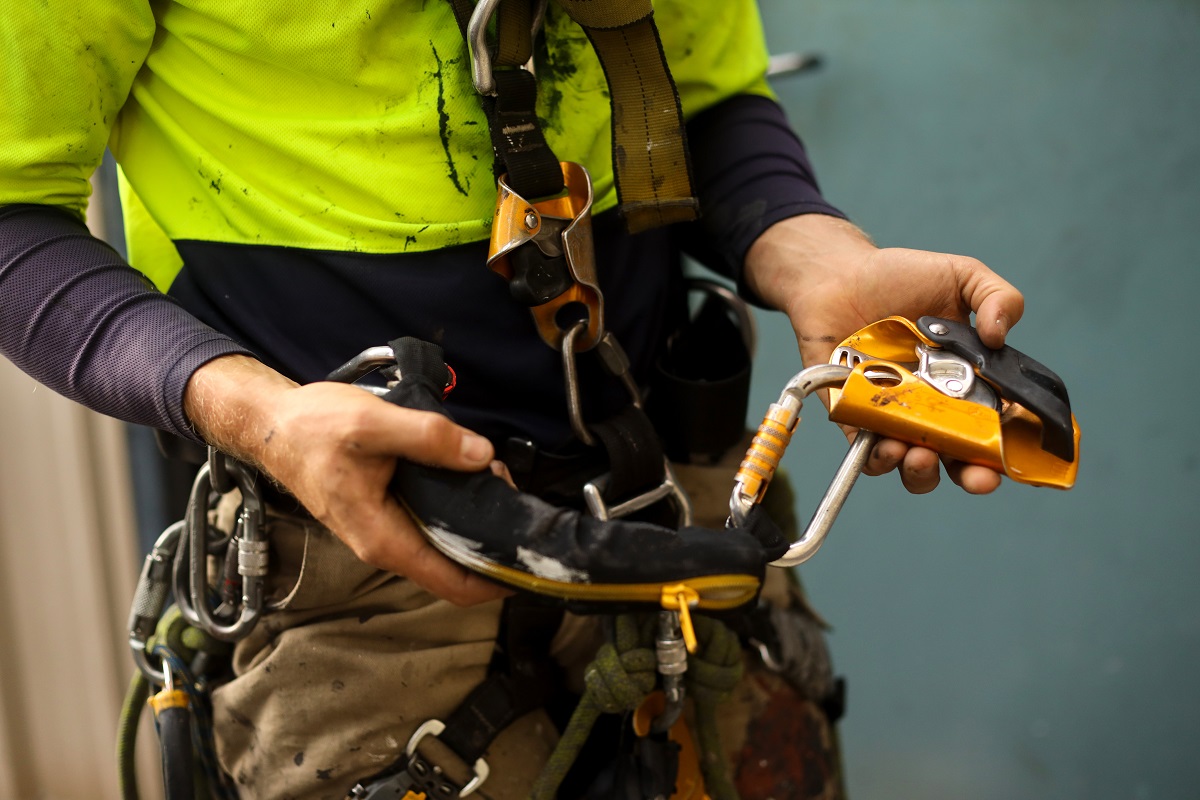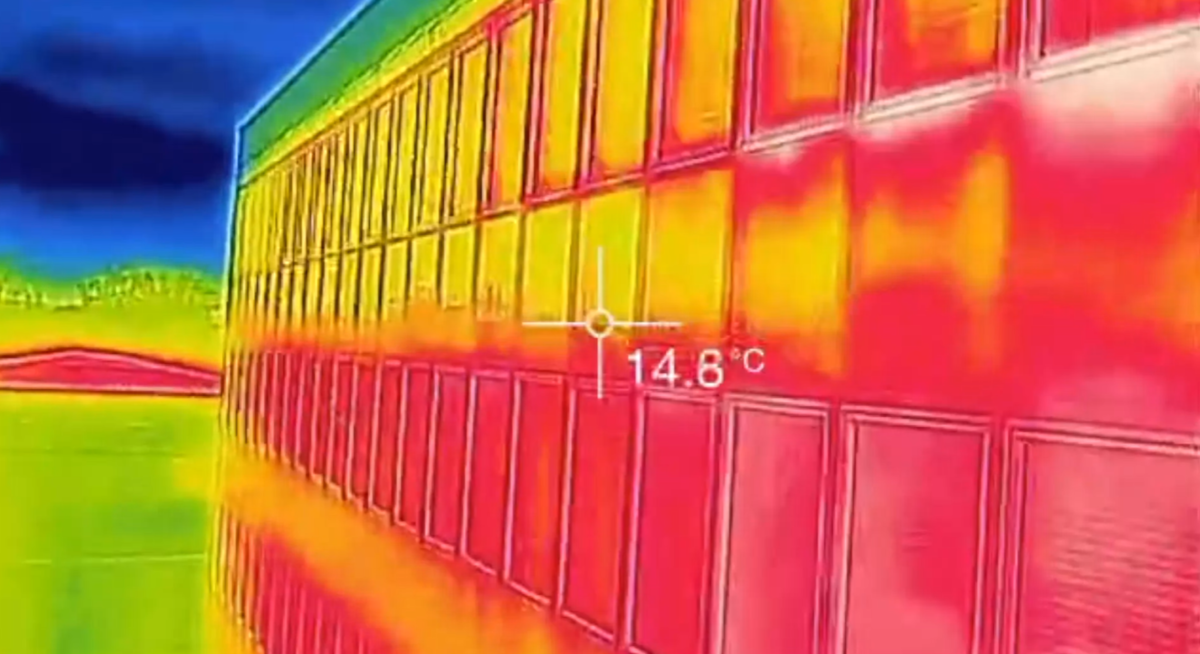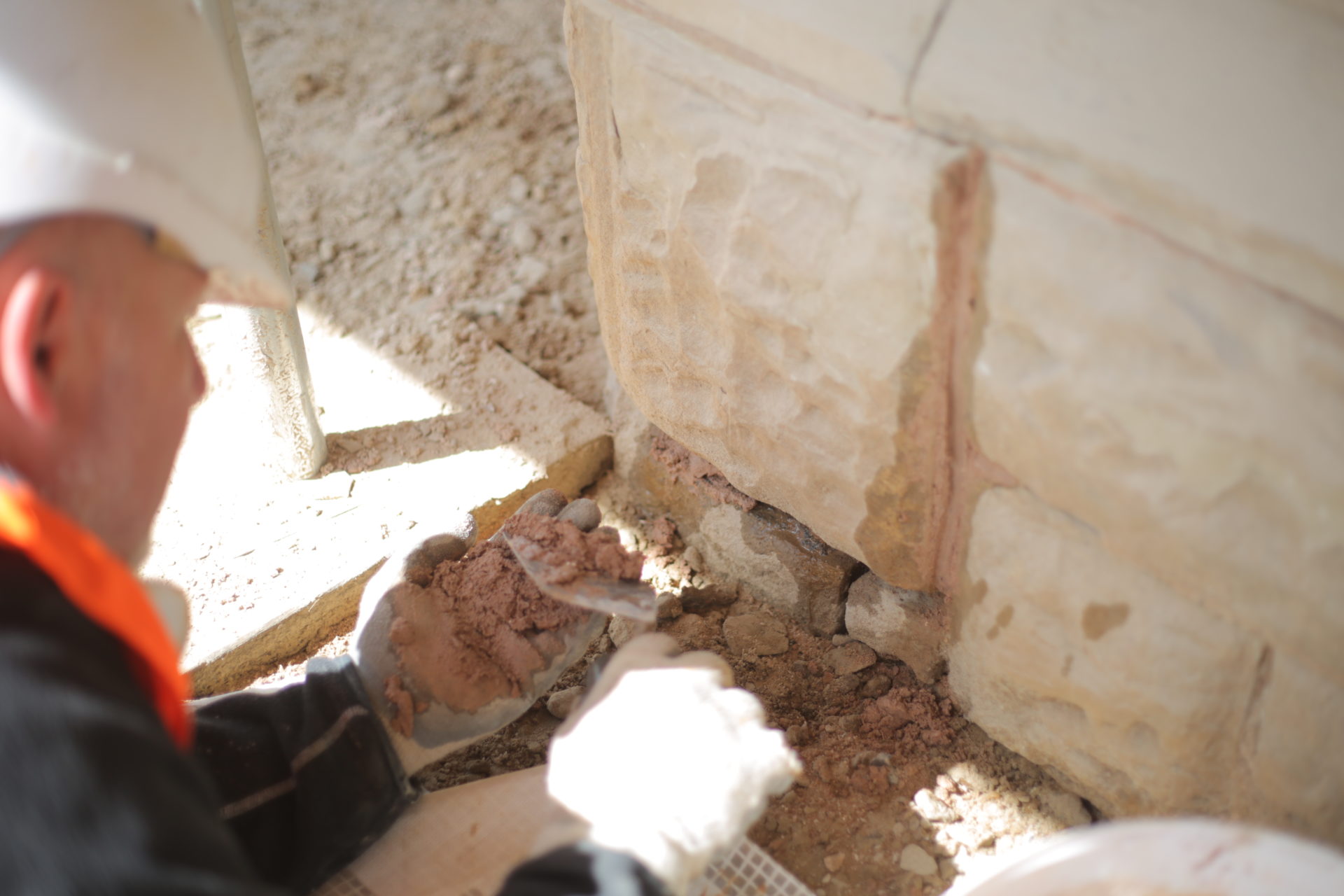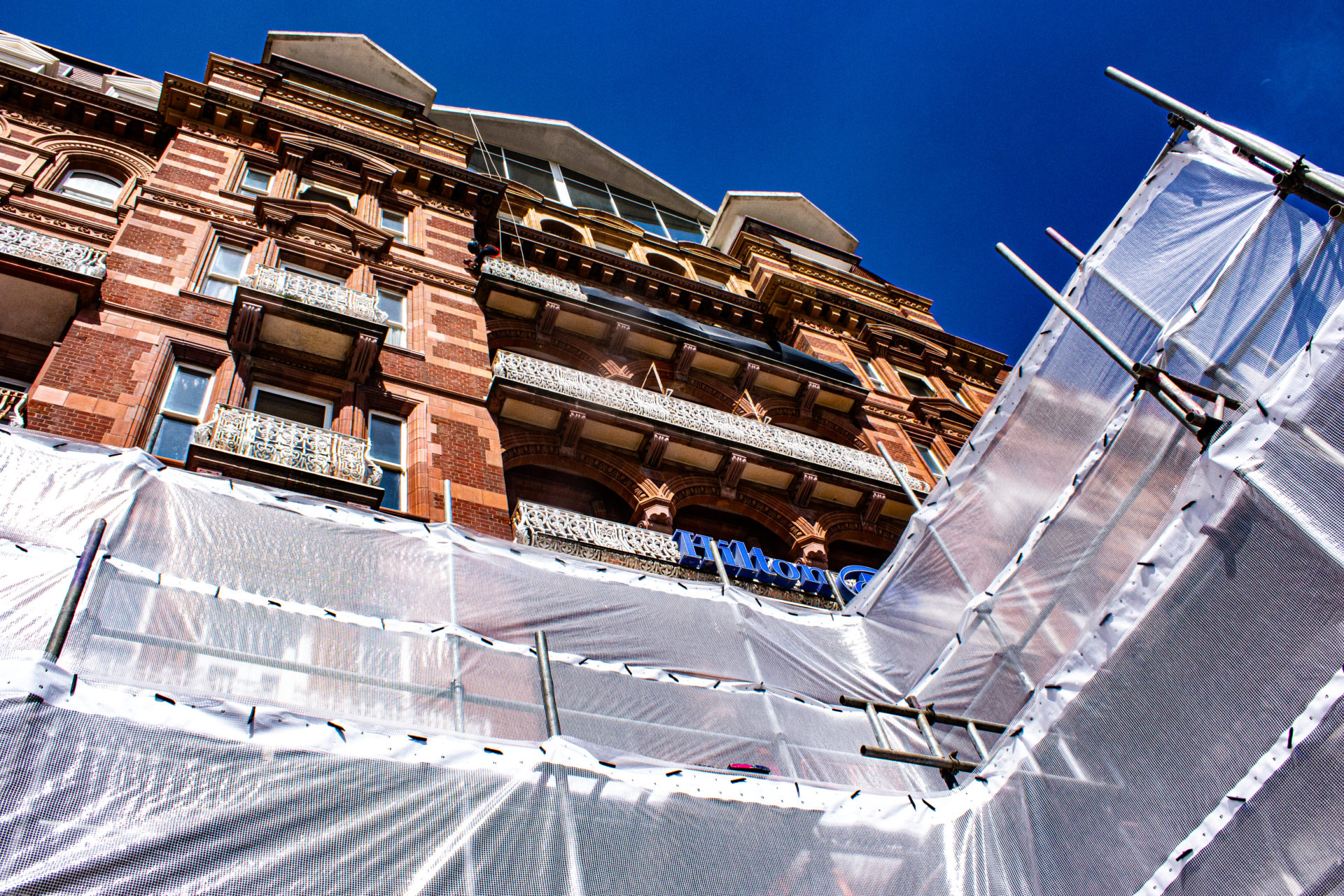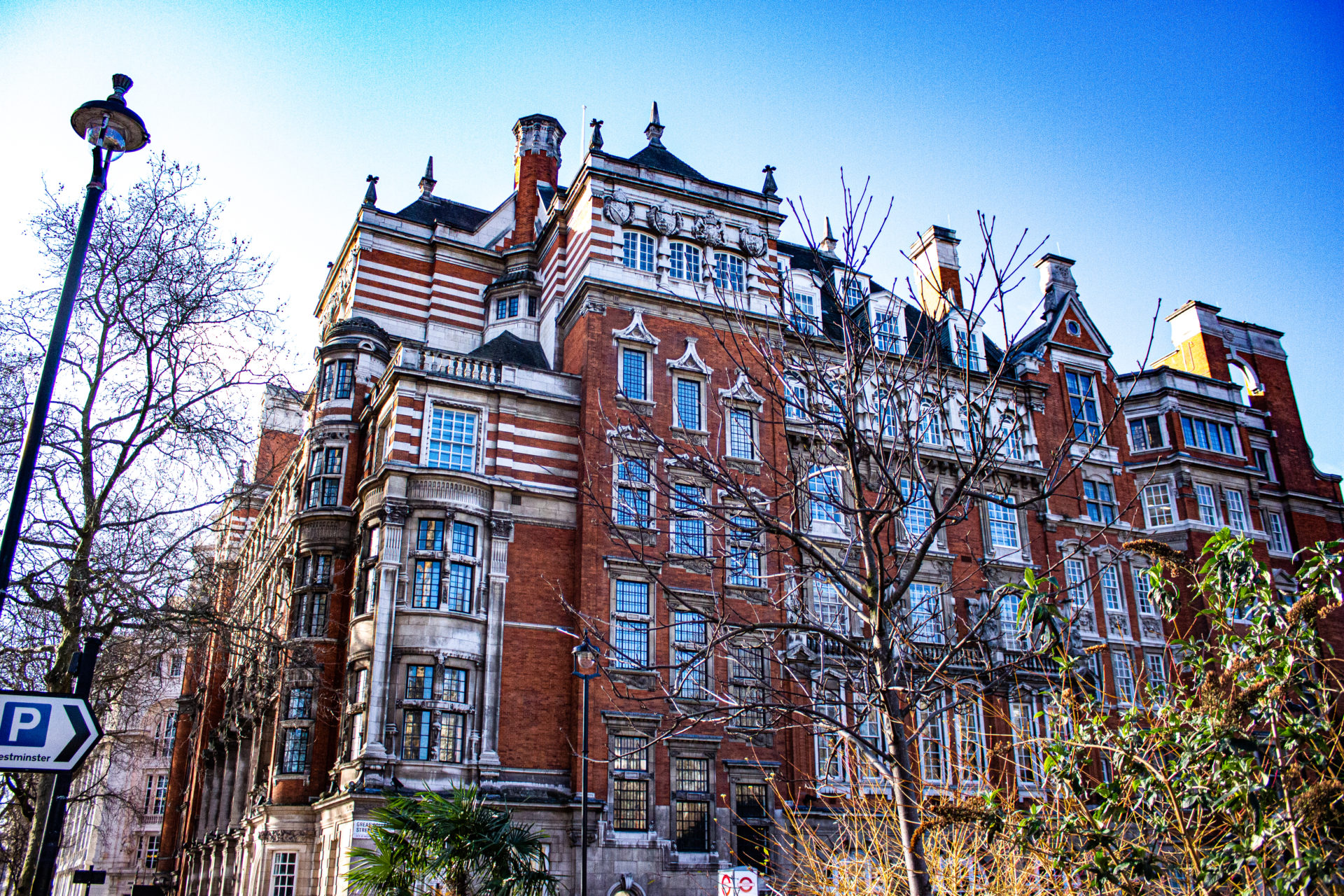Brick is one of the strongest surface materials there is, hence, its use in building, but if incorrectly cleaned, it can easily get damaged. Brick is a porous material, and this means if the facing material is removed during cleaning, the brick will quickly absorb water, and this can result in considerable damage. Damaged brick decays much more quickly than if it is looked after properly so regular cleaning and maintenance is essential.
Cleaning and maintaining your brickwork can be carried out in a number of ways but some methods are better than others, and some methods could result in more damage to the brick and even more restorative work being necessary. First, let’s look at some things to avoid when cleaning bricks and mortar.
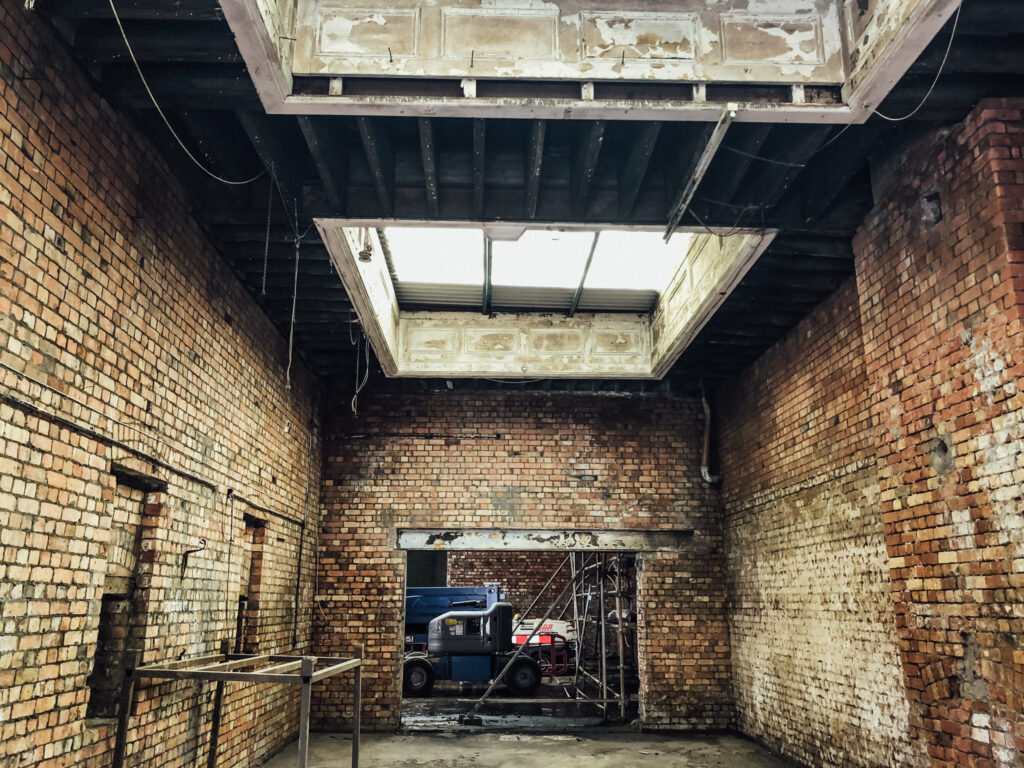
No Power Tools or Wire-Based Brushes
Cleaning stains off brick using a wire brush or wool or even the cleaning disc from your power tool can damage the integrity of the brickwork. Cleaning discs and wire brushes are not designed for brickwork, and they will strip away the surface of the brick, causing more damage than good and leaving the bricks even less water resistant.
No Hydrochloric Acid
Acid-based cleaners are never recommended for brickwork and hydrochloric acid in particular should be avoided. This kind of acid dissolves the outer surface of the brickwork, and it will also cause damage to the mortar joints. This creates a pitted surface to the brick which draws in even more water and causes the bricks and mortar to crack and breakdown. Using an acid-based wash for your home will ensure you need more regular remedial and repair work as the bricks cannot stand the damage the acids cause.
Avoid Power Washing Brick
Pressure and high-power washing processes can damage the surface of your brickwork and ultimately lead to further restoration work becoming necessary. You should never consider power washing brick or using a high pressure setting when cleaning grime from the exterior of your property. The deterioration caused by pressure washing may only become apparent after a couple of years, but it can result in all the brickwork needing replacing as it crumbles.
Lower levels of pressure washing can be used carefully, with professionals using soft washing processes with 100 psi to 1500 psi of water force considered safe for most regular brickwork.
Safe Steam Cleaning for Brickwork
An alternative to power washing brick is steam cleaning. Sensitive and low pressure, steam cleaning can remove grime, paint, and other surface soiling of brickwork, bringing it back to its best. For older and period properties steam cleaning minimises the risk of damage to brickwork which may not be able to be like-for-like replaced. Ageing brick facades need additional care and attention and while it may seem easy to simple acid wash or even power washing brick walls, it can lead to significant damage.
Sensitive steam cleaning systems are designed to protect the integrity of your brickwork and ensure no damage is caused simply in the process of keeping it clean.
It’s important to think carefully before beginning any project and of course, working with brick cleaning and restoration specialists ensures a professional level of cleaning throughout.


